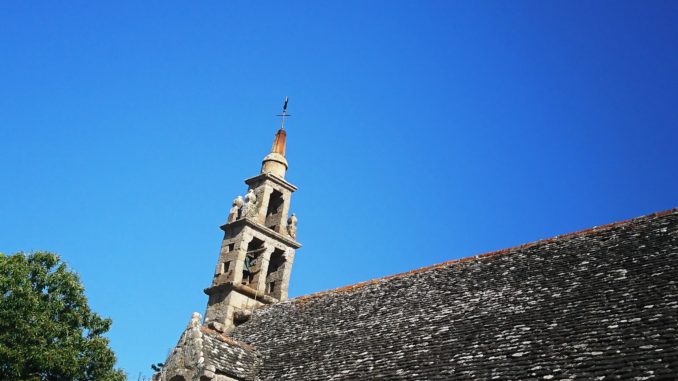
In la Tribune 30/08/2021
The ecological pride wants to implant wind farms on the French maritime facades. Let’s not talk about it.
It generates a ploughing of the seabed, disruptions of the marine fauna and flora, human tragedies in the populations that live from the sea. Let’s not discuss it.
Let’s not mention either the the public debate, the impact studies, the laborious yield of these wind power plants whether it is expressed in euros or in the quantity of metals used per KWh.
Let’s not talk either about the potential political-mafia compromises and even less, in solidarity, about the visual disasters of land-based wind turbines.
None of this. Let’s just ask ourselves if Iberdrola is not making the same mistake as Areva?
The marine subsoil is Terra Incognita
Everyone remembers the Uramin disaster. Mining properties bought by Areva at a high price in 2007, while the company remained deaf to the warnings of its own geologists who told it that no economically exploitable uranium would emerge. Subsequently, it invested in processes, infrastructure and, in Namibia, in a plant to produce fresh water from sea water. As a result, Areva disappeared.
The subsoil of the sea is Terra Incognita. Drilling the subsoil of the Bay of Saint-Brieuc to plant wind turbines on a tripod means drilling 196 holes 3 meters in diameter and 40 meters deep, three for each of the 62 wind turbines, with precision but in the unknown.
Not surprisingly, it seems that Iberdrola’s drillings unexpectedly encounter dolerite. This magmatic rock, which will often have cooled under a layer of granite, has a high Los Angeles coefficient, demonstrating great resistance to impact and friction.
This characteristic is, for example, ideal for stabilizing railroad ballast. The rock will absorb the repeated shocks created by passing trains better than others. Here, dolerite’s resistance to erosion is a guarantee of safety, but it is a serious problem when drilling it is a necessity.
The confrontation between dolerite and Iberdrola’s drilling system has thus far tilted in favor of the former, resulting in two oil leaks from the latter. This is why, although the data is still incomplete off Saint-Quay-Portrieux, Erquy and Cap Fréhel, Iberdrola’s ship is failing: no tripod is viable, the company is behind schedule, a few wind turbines may one day be installed, but probably never the 62 planned, so financially the project is no longer sound.
One does not make a hole in the granite
Areva failed because the deposits of Uramin were poor and it was imprudent not to listen to nature through the warnings of its in-house geologists.
Faced with the opposite geological risk, a wealth of dolerite in the Bay of Saint-Brieuc, what did Iberdrola’s geologists say about the presence of this tough, resistant and diffuse magmatic taxon? What were the findings of the surveys that were imposed by the caution and the preliminary soundings?
In order to avoid the spectre of an Areva-style industrial disaster, Iberdrola should meditate on the old Breton saying: « you don’t make a hole in granite », especially if dolerite is underneath, and start to open up the way out.